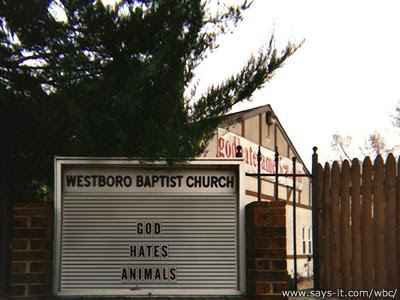
This book is a page-turner. Jones is an excellent writer. She provides not only a history of the whole fiasco of the plan to kill rather than retire the oxen Bill and Lou, and the efforts to save them, but also a concise overview of the mythologies, intersections of power relationships and prejudice, and psychologies that came into play. It is both a valuable case study for social activists and a good introduction to the holistic anti-oppression perspective of eco-feminism.
Regarding the case itself, Jones seems to betray some personal rancor over what can well be seen as "hijacking" of the issue by others not directly involved (Jones' sanctuary had been approached by concerned alumni). Critiques of some of those are warranted, but they probably wouldn't have mattered if there was more direct "face-to-face" interaction, which Jones notes as perhaps the biggest shortcoming. However, she doesn't acknowledge the difficulty of direct action in this case: Poultney is rather far from everywhere as well as unfamiliar to almost all of the activists involved. And rights activists in Vermont simply do not go against the farming industry. Even the abuses revealed in late 2009 by HSUS at Bushway Packing, an "Animal Welfare Approved" slaughterhouse where organic dairy farms sent their male calves to be turned into veal, made barely a ripple. In another case in the late 2000's, a jogger in Greensboro noticed a pile of dead and dying animals on a farm, alerted authorities, and – nothing happened. As in these cases, the media, when they paid attention at all, only helped to support the "right-to-farm" viewpoint and discourage questioning of what farmers actually do to their animals.
One interesting and damning aspect of the Green Mountain College farm program is revealed in the book regarding their treatment of animals. Jones describes Princess, a cow who was given to them from someone who had bought her from an "agricultural college". It was clear that Princess had been abused (beyond the "normal" routines of animal ag), and Jones had written about her just before the Bill and Lou affair began, not knowing what college she had come from. When the campaign to save Bill and Lou began, people at the college recognized Princess and accused Jones of a concerted campaign against them. Jones also describes the visit of a couple of her colleagues during an open house at the college, where they saw a calf with so many burrs around his penis that he couldn't easily urinate. That calf was later sold, no questions asked, on Craig's List, with the stipulation that the buyer never reveal where they got it – which appears to have been a condition for saving Princess as well. As Jones points out, the head of the college farm program is a mathematician. It is an extension of his own hobby farm, with the added inexperience (and callousness) of college students. The animals seem to be neglected and abused and then disposed of, without acknowledgement, when they become too much trouble. As Jones also notes from the visit, the college garden was smaller than the one at their sanctuary. And as satellite pictures show, the college's acres of meadow are far from enough to sustain more than a very few animals (for meat, that is; used for produce, they could in fact feed quite a few humans). In other words, the farm is a sham, but worse, the animals are treated like toys for these very unserious dabblers.
Princess
Back to the problem of direct communication, as Jones makes clear, the bottom line was that the college was not at all open to discussion, even within their own walls. They were determined to prove a point, their authority, their "mastery". Closed off as they were, then, it was clearly the chaotic clamor of the social media–fired campaign to save Bill and Lou that at least saved Bill (whose actual fate, however, remains a mystery; for that matter, the actual fate of Lou also remains a mystery). And as Jones notes, it was the uncontrolled barrage of telephone calls to nearby slaughterhouses that stopped the original scheduled plan to turn both of them into hamburgers.
Jones also mentions her doubts about the effectiveness of gory photos and videos of animal abuse and suffering in the fight for animal rights. I agree. People are already desensitized and, as the "conscious carnivore" pushback shows, actually relish the fact that a life is sacrificed for their passing enjoyment. As the chef in Peter Greenaway's film "The Cook, the Thief, his Wife, and her Lover" observes, people like to feel that they are eating death. Shocking pictures only serve to reinforce the very viewpoint we are attempting to change. As with the picture of the Green Mountain College student grinning maniacally in a hand-scrawled "Death to Chickens" T-shirt holding a dead rooster up by its legs, or the students screaming at protesters that even though they're "vegetarian" they were "excited" to eat Bill and Lou, the people who need to be persuaded away from harming animals are more likely to embrace the imagery, to fling it back defiantly. Disturbing pictures can be effective – if they are used effectively for specific messages and/or to specific audiences, not for indiscriminate shock value.
Anyhow, this book is a stimulating and inspiring read, an insightful analysis of the mostly failed effort to save these two lives. It is also very nicely typeset.

Last known photograph of Lou and Bill, Nov. 10, 2012.
Lou was reportedly killed before dawn of the next day.
environment, environmentalism, human rights, animal rights, vegetarianism, veganism, Vermont, ecofeminism







